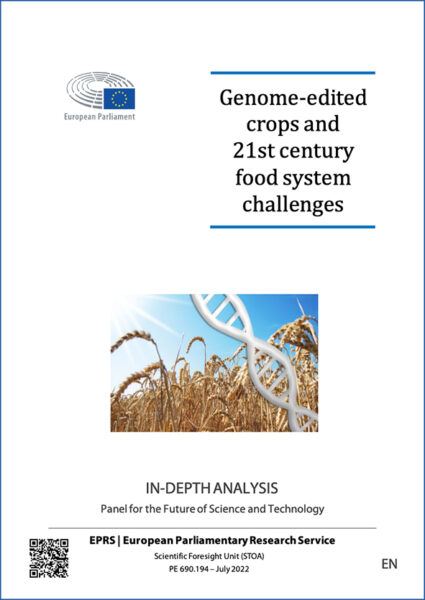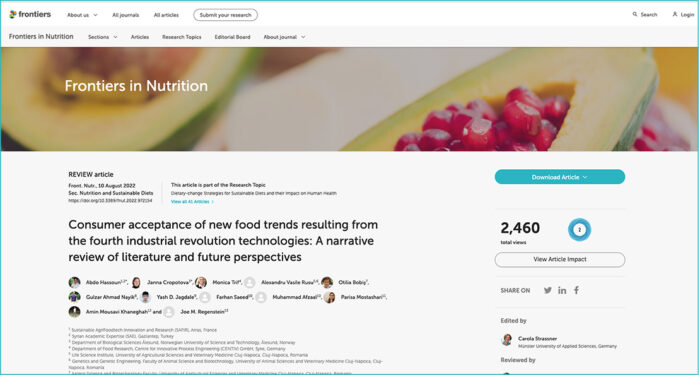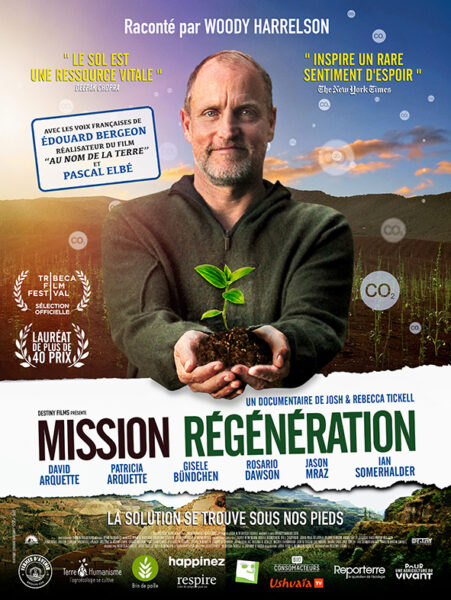In this issue of Futuribles devoted to genetically modified organisms (GMOs), Pierre Feillet offers an analysis of the main advantages of GMOs when it comes to achieving a sustainable food supply for everyone on the planet. Without concealing a number of aspects that remain controversial, Feillet begins by reminding us of the historical process that made it possible, through multiple forms of innovation in agricultural practice and research, to reach the point where plants and animals can be genetically modified. He then outlines the extent, location and nature of GM crops throughout the world (10% of cultivated land), before detailing another highly controversial issue in this area: the presence, within the food chain, of products from animals fed on genetically modified crops. He also recalls the important role played by micro-GMOs in the food industry.
After this overview, Feillet gets down to detail on the contentious issue that is GMPs (genetically modified plants) through three key lines of questioning. Are GMPs dangerous to health? Are there environmental risks involved in growing them? Who profits by them? Lastly, he offers some perspectives for the future of GMOs, taking the view that biologists will continue to optimize and diversify the genetic inheritance of GMOs with the aim of improving the human food supply in the long term and convincing those who are still reluctant to use them (including the French) of their value.



